Project Preliminaries – The Costs
Trying to work out how to budget your house building project can be very tricky – you need to think about everything from preliminaries to finishes.
In this article we will explore the full cost contents of a detailed project budget so that you, the next generation of self-builders, can appreciate what must be included to ensure you can manage your scheme effectively.
Preliminaries for self-build projects
Regardless of whether you’re building a contemporary or traditional style home, or even multiple houses on the same plot, you’ll need to consider your preliminaries first. Effectively they account for all of the intangible items that enable a project to run efficiently and safely.
As a starting point, imagine what it must cost a construction company to prepare a new site at your child’s school for a science block next to the playground.
They need to properly secure the site against uncontrolled entry, provide safe access for deliveries and plant, introduce control measures for general pollution and noise, set up discrete welfare facilities for the site personnel, get adequate insurance arranged and provide office facilities for onsite meetings.
On large projects these costs can be huge and have to be properly budgeted from the outset. However, even for smaller schemes like a single new house, large extension or fundamental renovation, the same principles will apply.
Health & safety on site
The Construction (Design & Management) Regulations (CDM 2007) provide the legislative framework for health and safety on all construction sites. The Health & Safety Executive (HSE) has an approved code of practice providing practical guidance on how to comply.
Being practical about the terminology used, you should always ensure the following:
|
The vast majority of the additional administrative burden imposed through CDM is not applicable to domestic contracts (where you are either building or renovating a house for your own use).
However, Part 4 of the regulations (duties relating to health and safety on construction sites) does apply.
For those of you who are planning to be active on site as physical builders, or where you are going to coordinate the management of your project, you will need to be aware of the relevant regs and ensure that sufficient practical measures have been put in place.
If you plan to employ the services of a main contractor, they should automatically have included these items in their submission, which will either be costed in a discrete ‘preliminaries’ section of their tender or liberally spread over the whole of the works.
Professional companies will take this seriously and there are plenty of suppliers who offer very smart solutions; take a look at the Oasis units from Advante (www.advante.co.uk) which provides an instant solution to welfare.
At the very least a £250 garden shed can provide an administrative office for site drawings and paperwork, and a hired-in metal storage container is ideal security for sensitive materials and tools.
When it comes to hired plant, always use recognised providers who will include the right safety equipment to go with their machinery, possibly some training and, where necessary, the option of an operator.
For scaffolding, always use a specialist for both the initial erection and any subsequent modifications, as they will know exactly how to comply with the current standards and proper safety requirements.
Self-build insurance and hidden costs
You will need insurances to cover all site risks. This includes public liability, to protect you against accidents to the general public, employers’ liability that will cover you against accidents incurred by any sub-contractors you may employ, and then finally all of the other types of peril including theft and storm damage.
Special policies are available for self-build projects.
Liaison with the utility providers can often contain hidden costs – mostly in terms of management time.
Similarly, liaison with the inspectors for your structural warranty and building control, and possibly your wider professional team (depending on the extent of your drawings and details at the time of building), can soak up time on site.
Professional builders will make an allowance for anticipating and undertaking this work.
Managing a building site
In terms of the day-to-day site management, someone has to be responsible for coordinating the works, daily cleaning, the filling and re-ordering of skips, unloading lorries, checking tarpaulins, etc, all of which becomes more onerous when building in the winter months.
With most self managed projects this usually becomes the client’s weekend job, but if you employ a main contractor, you should expect this to happen as a matter of course.
Some sites come with additional responsibilities which may be listed as planning conditions, such as the proper protection of certain trees or parking restrictions for site personnel etc.
Some sites are close to a boundary, which might trigger a Party Wall agreement with your neighbour.
Here, additional site responsibilities (and method statements) might be necessary. Don’t forget to allow a sum for accurately setting out the site. This might include the hire of specialist surveying equipment or, better still, a surveyor.
Basic budget guideAverage site insurance premium: £750 Metal storage container (including £350 for delivery & collection): £1,000 Site office, contractor drying room & steps (similar delivery & collection): £1,300 Security fencing, gates, padlocks & chains: £2,000 A site WC: £1,200 PPE, first aid, tarpaulins, rope, hose, signage etc: £500 A proper scaffold supply & install: £3,000 Skip hire: £800 Total: £10,550 |
It’s also good practice to record ‘as-built’ drawings and photography (as you go along) all collated at the end of your programme to remind you, and subsequent owners, just where all your services and drainage were installed.
Contractors will make an allowance for putting this together, if asked.
Completion times and costs
With formal contracts the construction phase will have a start date and a completion date based upon a predetermined programme.
This will be carefully calculated by the main contractor in agreement with you, as the client, and the wider professional team. The above project preliminaries will be designed to cover this specific number of weeks on site.
If you then increase the length of the contract by requesting more work to be undertaken (by way of approved variation) you will also be expected to pay for a pro-rata increase in the site’s preliminary costs.
If your builder just takes longer due to their own organisation, then they will incur any additional preliminary costs as indeed will you, if you are self project managing/building.
It’s difficult to give a precise cost for project preliminaries as they will vary from scheme-to-scheme, for example, whether you need to include utility connection fees.
As a rough guide, however (and excluding your design, planning, building control and warranty fees) see the table (left).
Of course, many self-builders will manage to spend much less, especially if they can provide dry storage, welfare/drying space and WC facilities in some other way.
Published: April 2013

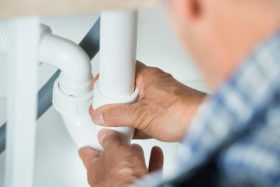



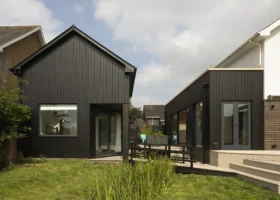

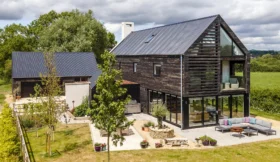

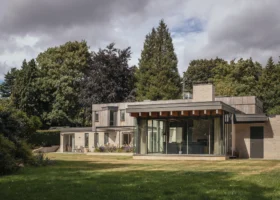
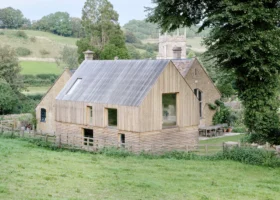
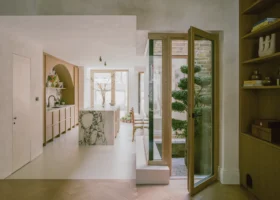
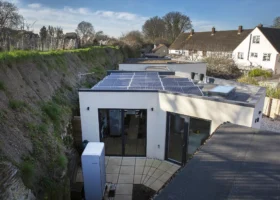
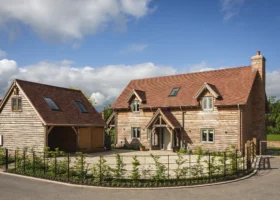
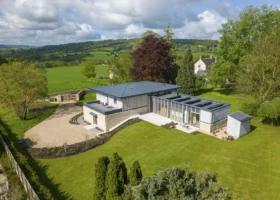

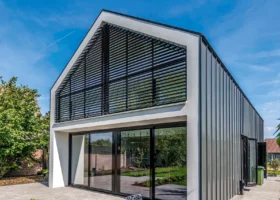

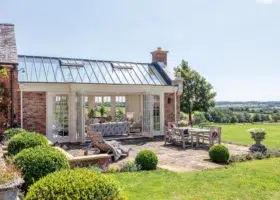
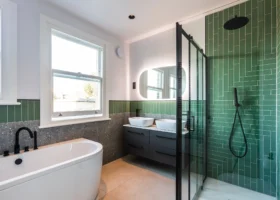
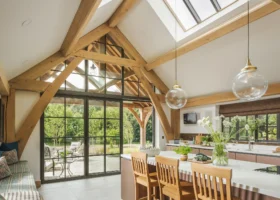
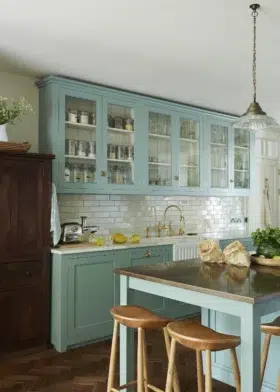
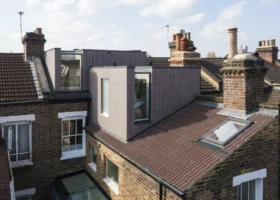
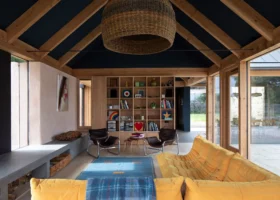
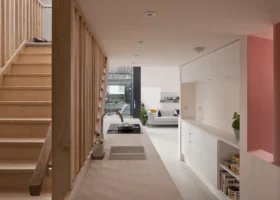

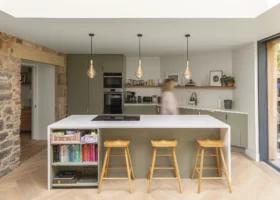
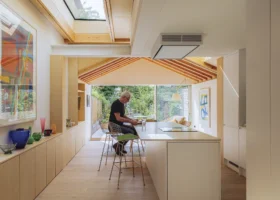
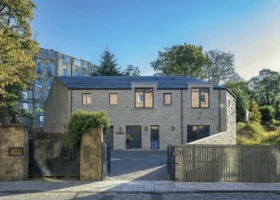
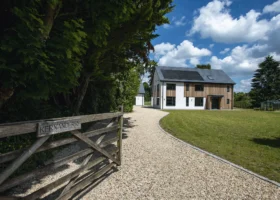
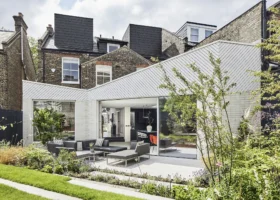
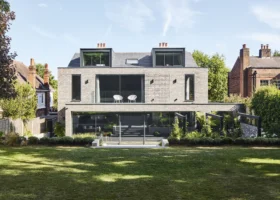

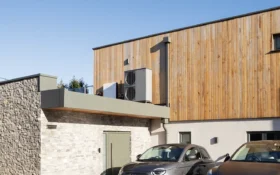
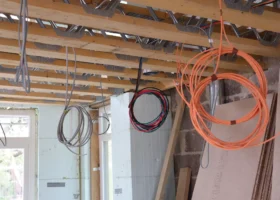
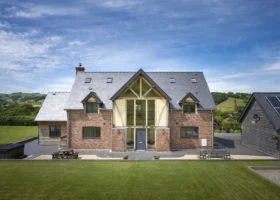
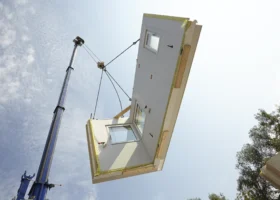
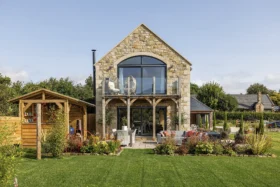
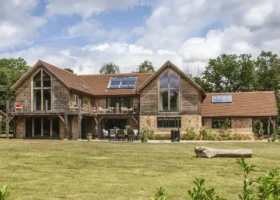
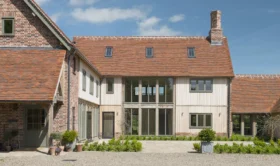


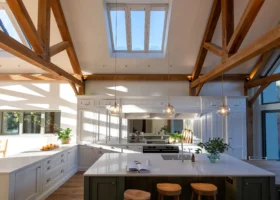
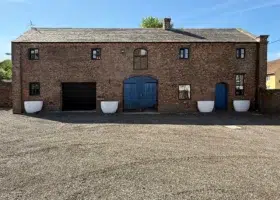
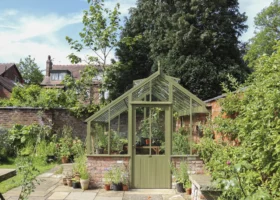
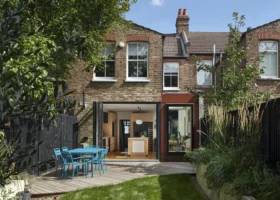

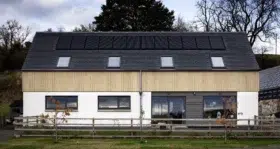
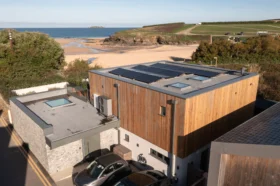



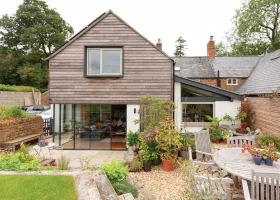


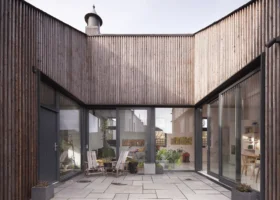
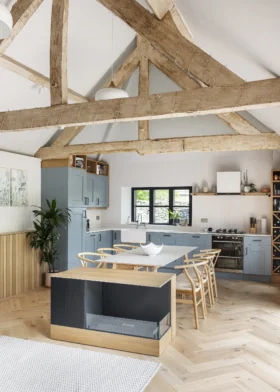
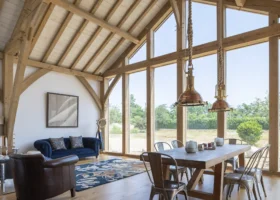








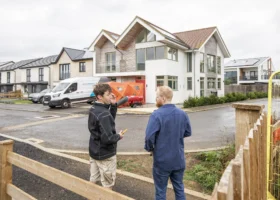









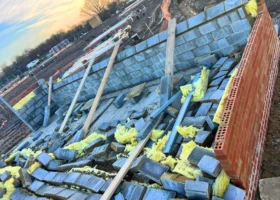


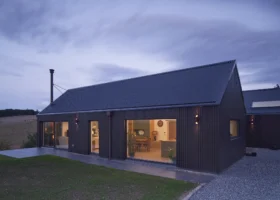
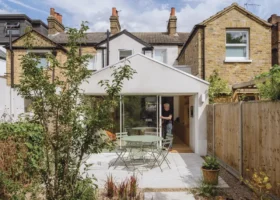
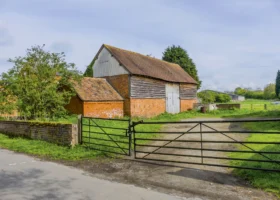


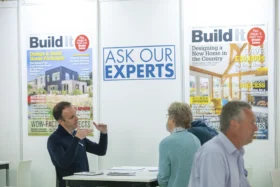




 Login/register to save Article for later
Login/register to save Article for later


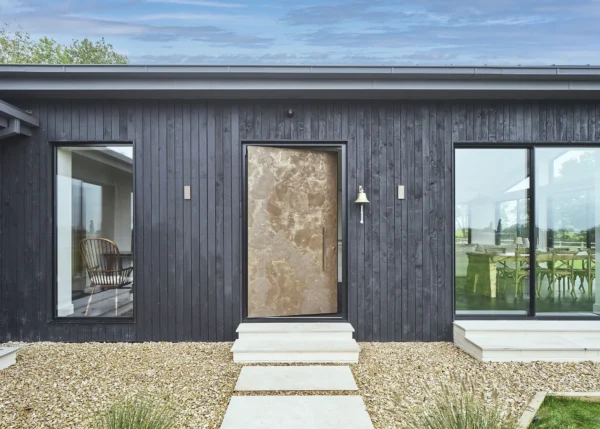
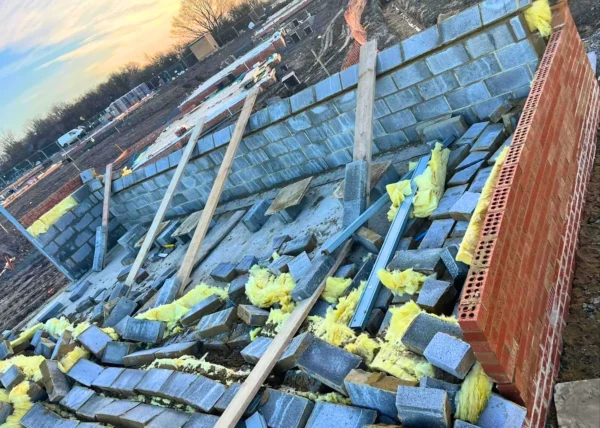
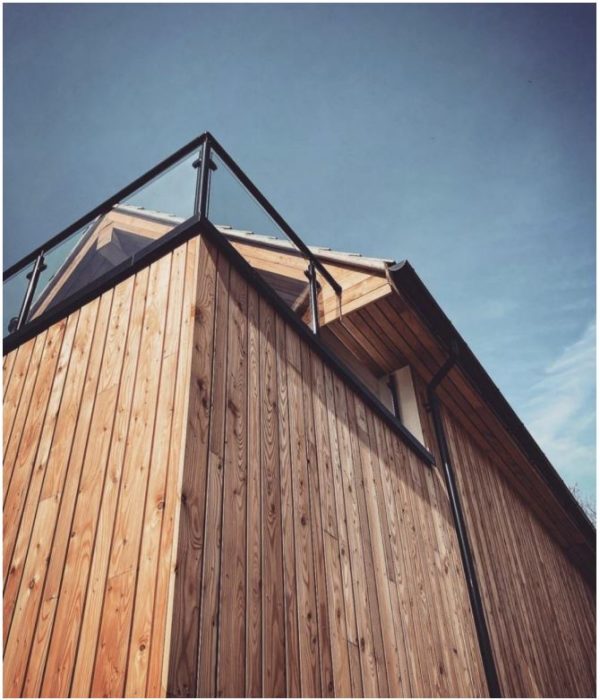
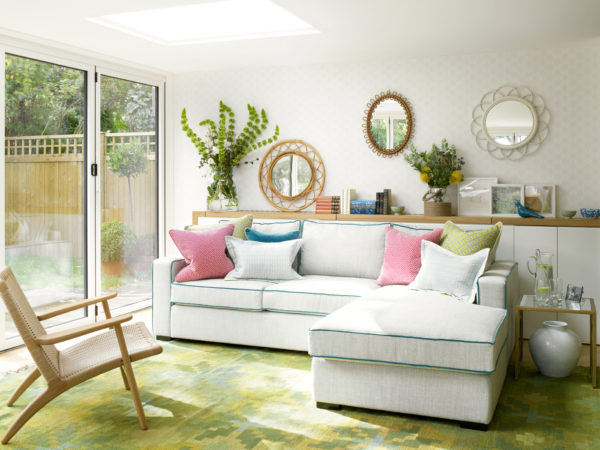
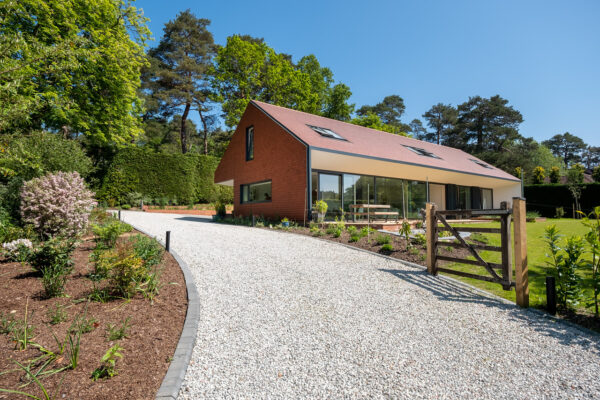
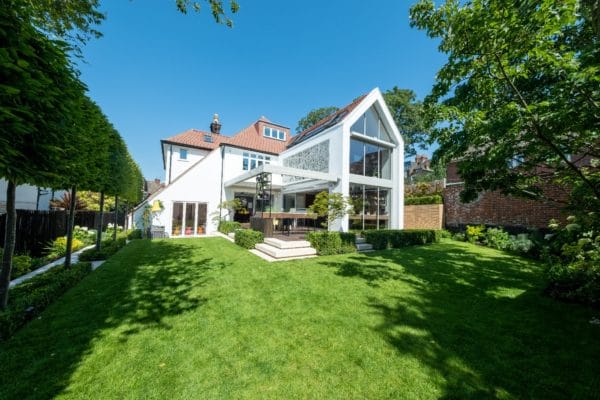
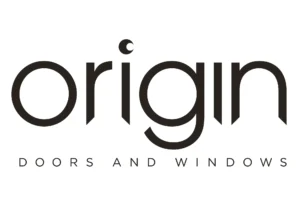




Comments are closed.